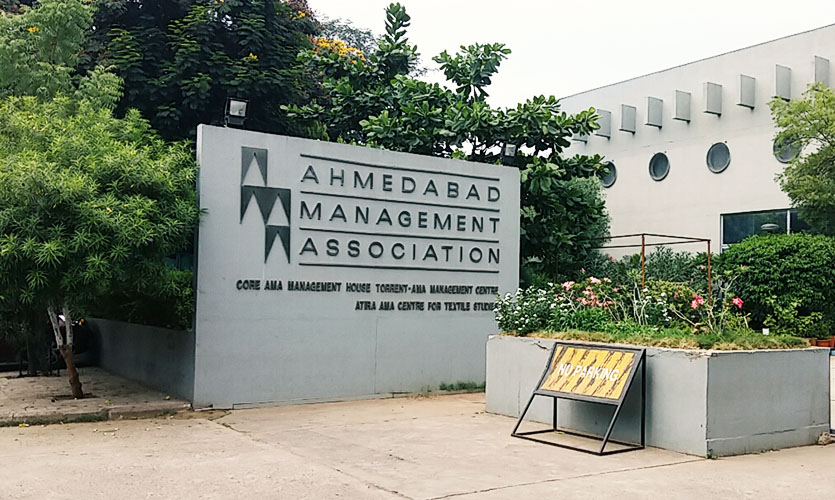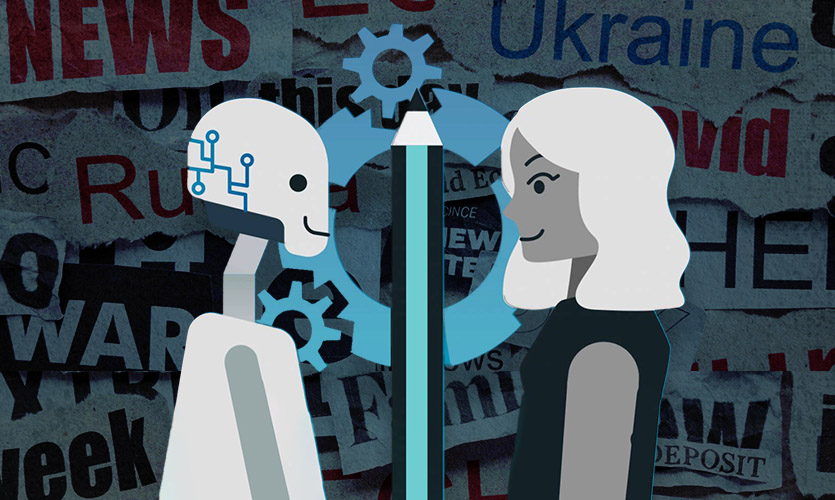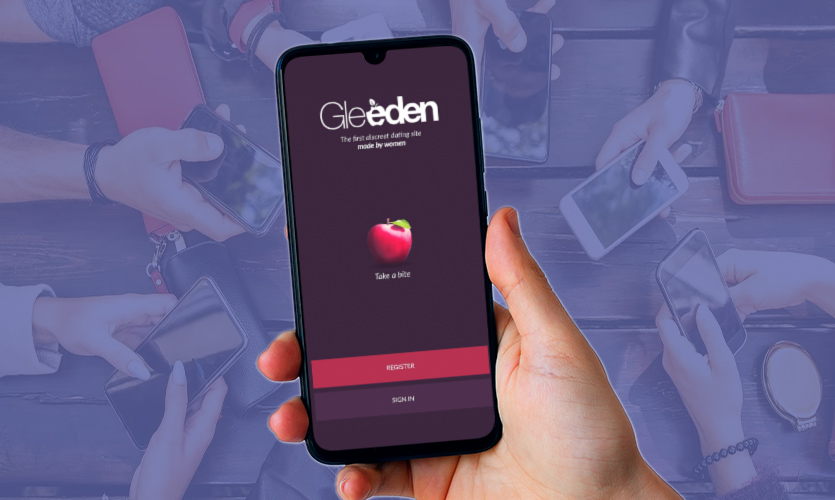On Saturday, a Data Dialogue workshop, an initiative by Google News, was organised in partnership with DataLEADS at the Ahmedabad Management Association.
Data Dialogue is part of the pan-India data journalism series that will be held in 20 cities across the nation. Started in December 2022, the workshop is in English and ten Indian regional languages.
The workshop was attended by journalists, media professionals, educators, students and the Gujarat Media Club, along with representatives of the Pandit Deendayal Energy University.
The series is aimed at equipping journalists and journalism students with essential data tools and skills in the evolving field of data journalism and help them tell stories effectively and efficiently. The workshop, led by data experts and trainers, focused on data collection, extraction, cleaning, visualisation and verification.
Senior figures such as Gujarat Media Club president Nirnay Kapoor, and senior journalist Shyam Parikh, who is also the director of Rajendra Prasad Institute of Communication and Management, addressed the data journalism enthusiasts over the weekend.
The workshop began at 11:30 am, with the first technical session explaining, “Why data dialogue?” There was discussion about how the art of storytelling has evolved from cave paintings to the digital medium, and the need for journalists to be updated. The audience were shown and given a brief introduction to important data tools, resulting in an insightful and practical discussion.
As discussed, the major tools that can be used by journalists are Google Dataset search for data collection, which was shown and explained through a relevant example. Other tools that could prove to be useful for journalists are Pinpoint, and Wayback Machine – an Internet archive platform that is helpful in finding information across different time periods.
The second half of the session covered data visualisation, which interestingly, mixed the concepts of data with psychology. Discussions about high cognitive load, the Muller-Lyer illusion, and their relevance in journalism were very informative.
As a student, learning about data visualisation tools such as Flourish, Infogram and so on proved to be very fruitful not only from a journalism point of view, but also given its use in research, projects and presentations. These tools are user-friendly and make the presentations more catchy and easy to analyse.
Lastly, the audience were asked to write down ethical questions regarding data journalism that came to our minds.
Data is a tool that makes information and the subsequent report crisp, effective and believable. As journalists, providing news in a manner that is easy to understand while highlighting the importance of a particular issue clearly is important. Using data to do that can prove to be an added advantage.
This session proved to be a good learning opportunity for journalists and future journalists alike. For some of us, it was the first time in the world of data, and we could witness first-hand the scope of data journalism.
Read more: Sense vs Sensibility, Introducing Sex-Ed In School










